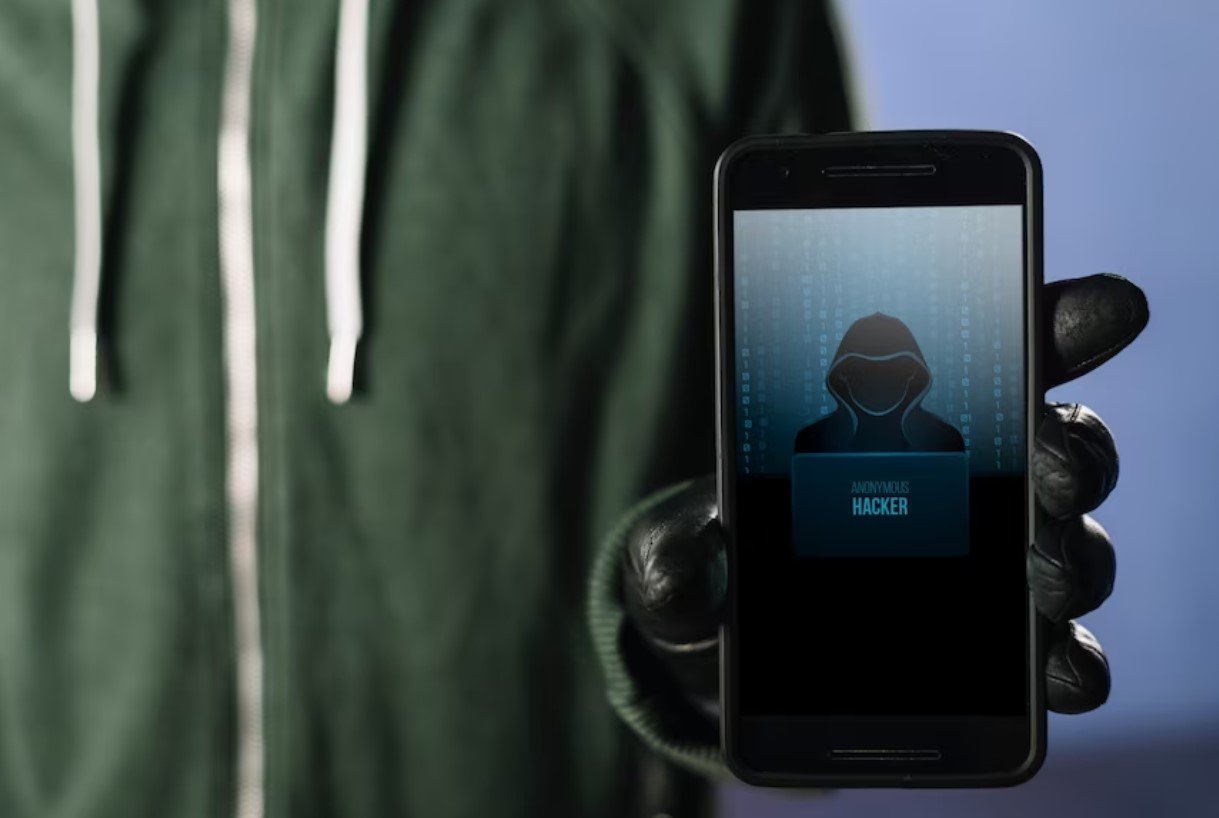Android users who have downloaded a popular app called Photo Blur are being warned to delete it immediately. The app, which has over 10 million downloads on the Google Play Store, is actually a malicious spyware that can access users’ photos, text messages, contacts, and other sensitive data.
How Photo Blur works
Photo Blur is an app that claims to offer users the ability to blur parts of their photos for privacy or aesthetic reasons. However, behind the scenes, the app is actually a Trojan horse that can secretly spy on users’ activities and steal their personal information.
According to security researchers at Avast, Photo Blur is part of a larger network of spyware apps that have been active since 2019. These apps use a technique called steganography, which involves hiding malicious code inside images or other files. This way, the apps can evade detection by antivirus software and Google’s security checks.

Once installed, Photo Blur can request various permissions from the user, such as access to the camera, microphone, contacts, and storage. If granted, the app can then record audio, take photos, read and send text messages, make calls, and access the device’s location. The app can also hide its icon from the app drawer, making it harder for users to uninstall it.
The dangers of spyware apps
Spyware apps like Photo Blur pose a serious threat to users’ privacy and security. They can expose users’ personal data to hackers, who can use it for identity theft, blackmail, fraud, or other malicious purposes. They can also compromise users’ devices and make them vulnerable to further attacks.
Avast’s malware analyst Jakub Vávra said: “These apps are highly unethical and problematic for people’s privacy and can have a huge impact on people’s security as well. The applications we discovered are likely only the tip of the iceberg, as we haven’t investigated all the apps that use steganography yet.”
How to protect yourself from spyware apps
To protect yourself from spyware apps like Photo Blur, you should follow these tips:
- Be careful about what apps you download from the Google Play Store or other sources. Check the app’s ratings, reviews, and developer information before installing it. Avoid apps that have low ratings, negative reviews, or suspicious developers.
- Review the permissions that apps request from you. Only grant permissions that are necessary for the app’s functionality. If an app asks for permissions that seem excessive or irrelevant, deny them or uninstall the app.
- Use a reputable antivirus software on your device. Scan your device regularly for any signs of malware or spyware. If you find any suspicious apps, remove them immediately.
- Keep your device updated with the latest security patches and firmware. This can help prevent hackers from exploiting any vulnerabilities in your device’s software.



































